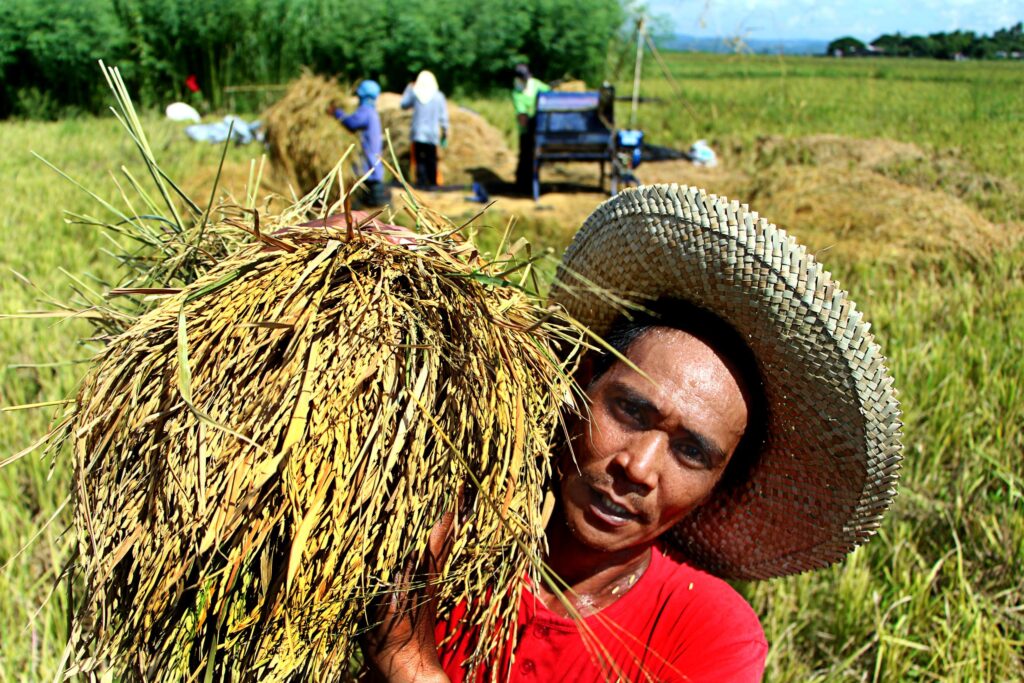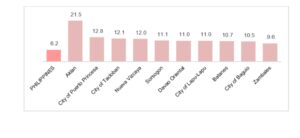Rural groups led by the Kilusang Magbubukid ng Pilpinas (KMP) and various sectors picketed vs. the Regional Comprehensive Economic Partnership (RCE) which Senators are set to deliberate on today and ratify by tomorrow. According to the stakeholders, RCEP will further harm the Philippine economy by enhancing open trade while local agriculture and manufacturing are at their weakest in over 70 years, unable to compete with other countries’ otherwise better-protected production sectors.
We strongly urge the Philippine Senate to reconsider its position concerning the Regional Comprehensive Economic Partnership (RCEP). The country’s more than two decades of membership in the World Trade Organization (WTO) aggravated the fundamental problems of backwardness and maldevelopment of Philippine agriculture.
Under the WTO, the country increased its dependence on food importation and other agricultural products. The state abandoned its responsibility to subsidize food production, and instead devoted vast tracts of land for export-crop production, and intensified land grabbing and land-use conversion.
Land continues to be heavily concentrated in the hands of big landlords and businesses with less than a third of landowners controlling over 80% of agricultural lands in the country while half of all farms are under tenancy, lease agreements, and other forms of unfavorable tenurial arrangements. Widespread landlessness remains, where 9 out of 10 poor do not own the land they till.
Once enforced, RCEP will allow the entry of more foreign investments and larger foreign ownership of our lands. To Filipino farmers, this means more land grabbing, increased poverty and hunger, and intensified militarization.
At present, around 500,000 hectares of land, or equivalent to 12% of agricultural land in Mindanao are covered with plantation crops primarily for the export market.
Foreign plunder continues to result in the dispossession and displacement of numerous Lumad, Moro, and peasant communities.
We do not need RCEP. We need a genuine agrarian reform that will break up land monopolies and provide sufficient government support services like the distribution of organic seeds and organic fertilizers, adoption of sustainable agriculture practices, conservation, improvement, and protection of indigenous and local seed varieties, provision of credit and subsidies as well as agricultural infrastructure such as adequate and accessible farm-to-market roads, free irrigation services, post-harvest facilities, among others.
We can learn from developed countries like Japan, South Korea, and Taiwan that did not require their agrarian reform beneficiaries to amortize the land and implement free land distribution.
We express hope that our Senators will be swayed by the appeal and position of farmers, fishers, and broad stakeholders in agriculture. We support the Filipino farmers’ call to resist and reject RCEP.





More Stories
Healthcare heroes celebrated as PH commemorates ‘Day of Valor’; multi-year healthcare waste management project launched
OCD seeks to enhance conduct of NSED; set to simulate various scenario exercises
6 months suspension meted to 139 NFA officials and employees